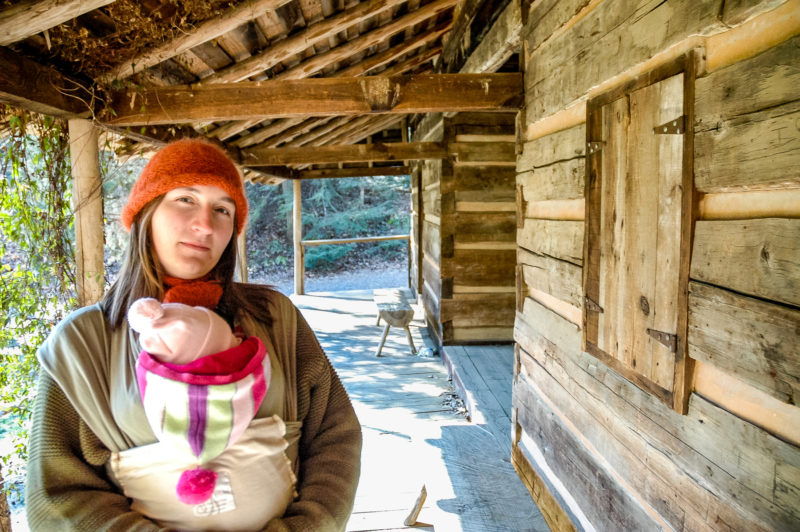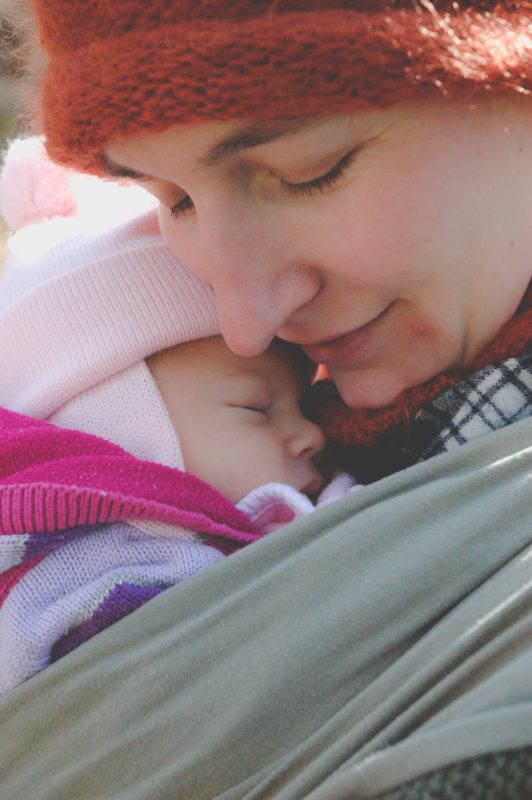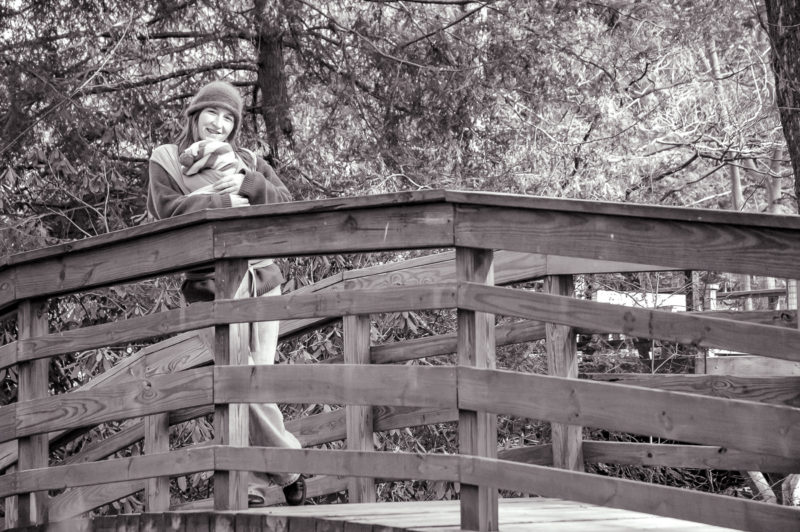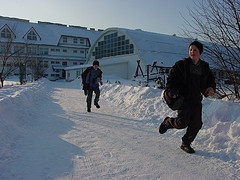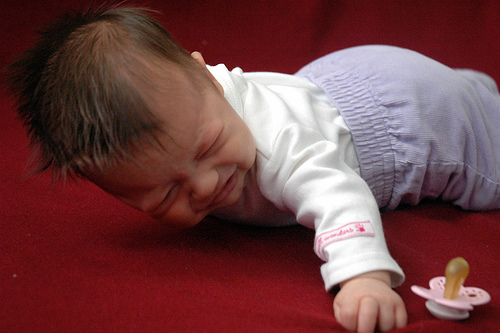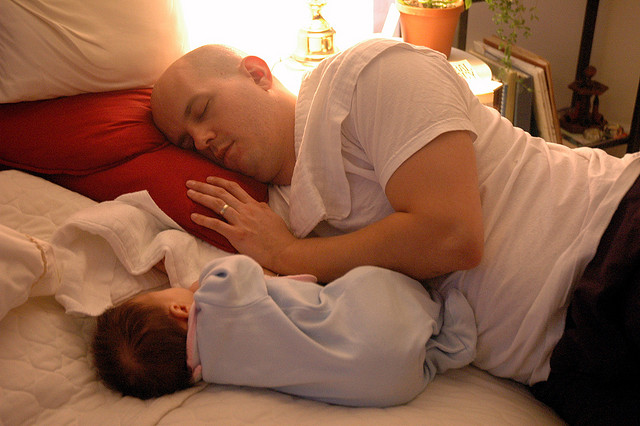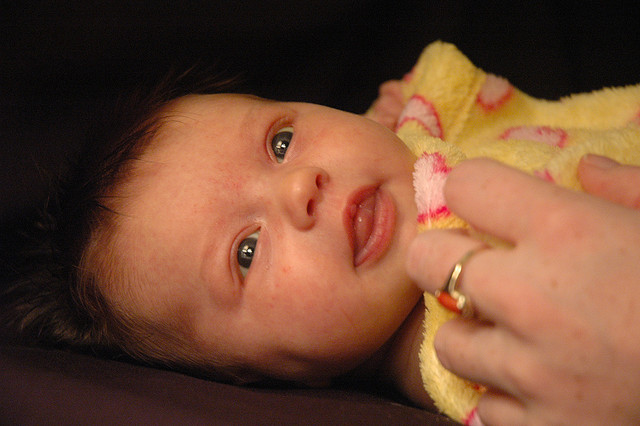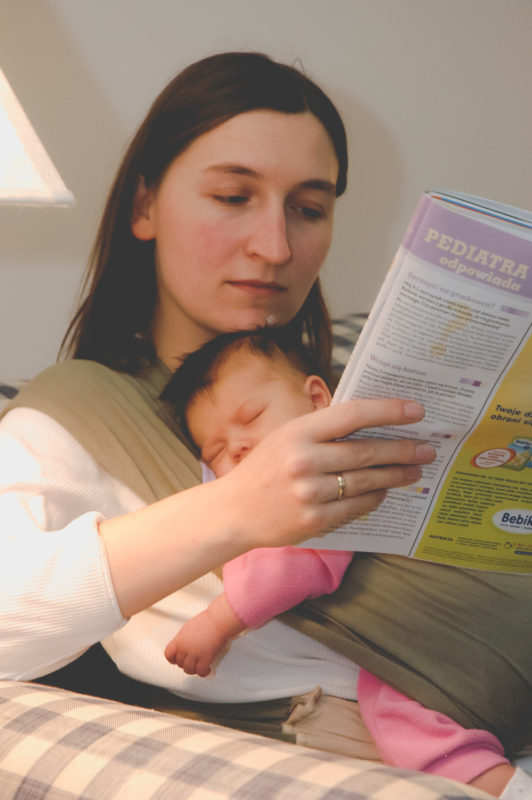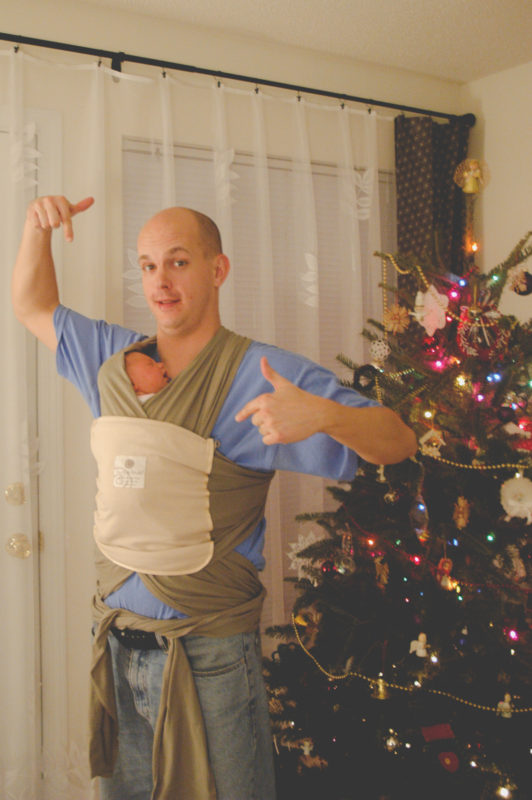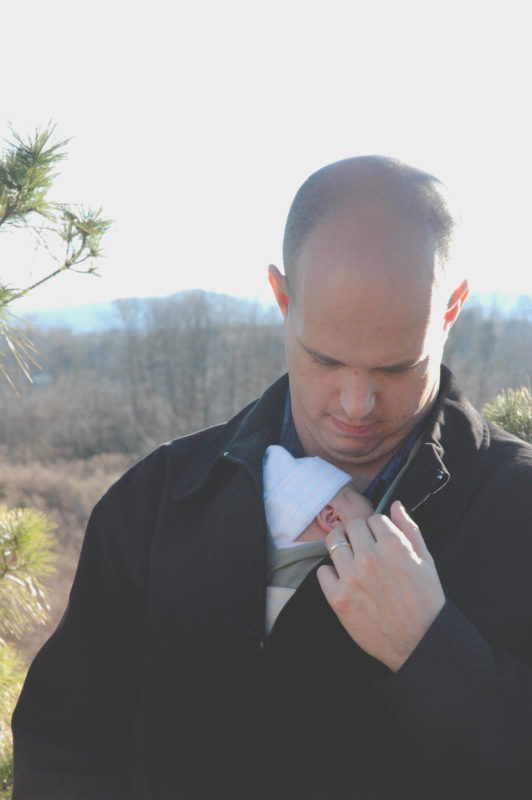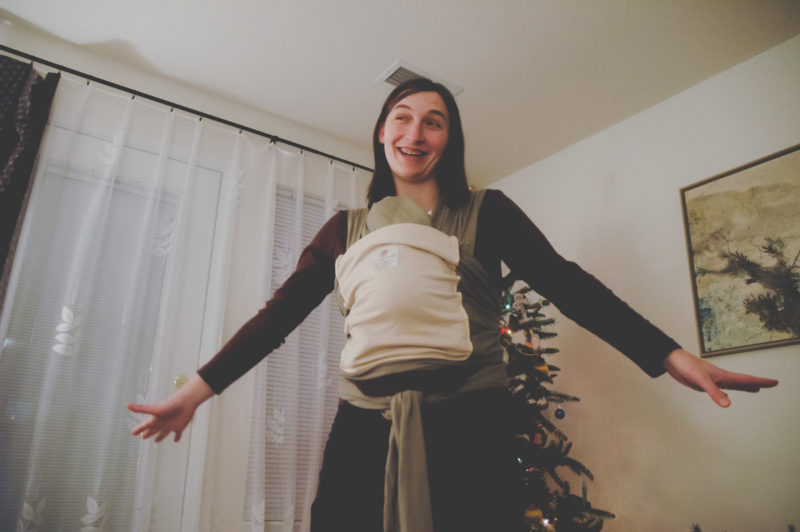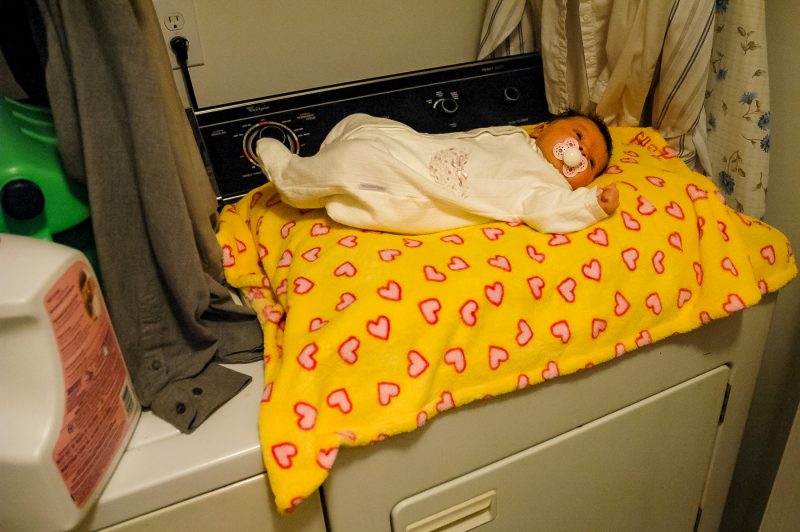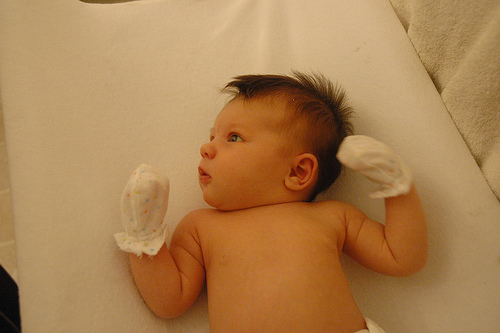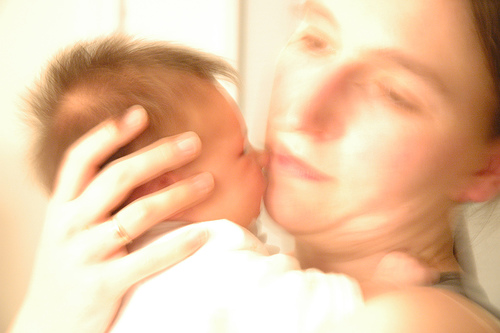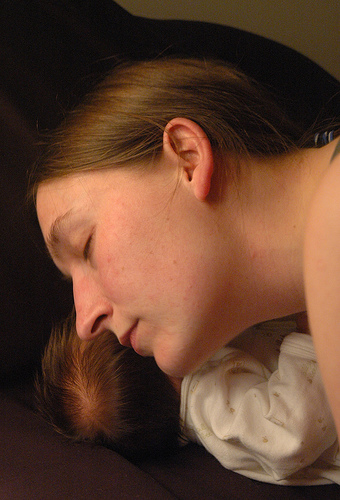Migrants to Herouxville, Quebec learn that lapidation — among other things — is not tolerated:
Don’t stone women to death, burn them or circumcise them, immigrants wishing to live in the town of Herouxville in Quebec, Canada, have been told. […]
Its council published the new rules on the town’s website.
“We wish to inform these new arrivals that the way of life which they abandoned when they left their countries of origin cannot be recreated here,” the declaration reads. BBC NEWS
Members of the Muslim community are understandably upset:
However, the president of the Muslim Council of Montreal, Salam Elmenyawi, condemned the council, saying it had set back race relations decades.
He told Reuters news agency: “I was shocked and insulted to see these kinds of false stereotypes and ignorance about Islam and our religion.”
I write none of this to justify what the Herouxville council did. It was more than a little tasteless.
It might be a stereotype, but as Stephen Pinker and others have pointed out, within most stereotypes is a core of truth.
Truth is, there is stoning in the modern world:
- Afghanistan
- Iran
- Nigeria
- Saudi Arabia
- Sudan
- United Arab Emirates
In each instance, it is related to Islamic Sharia law. The truth is, contemporary stoning is a predominately (almost exclusively) Muslim practice. That is not to say that all Muslims support it; it is not to say that historically Muslims have been the only group to practice lapidation; it is not to say that only Muslims today stone. However, to say that associating lapidation and Islam requires “ignorance about Islam” is itself ignorant at best, misleading at worst.
What really caught my attention, though, was Elmenyawi’s juxtaposition of setting “back race relations” because of “ignorance about Islam and our religion.”
When did Islam become a race? We might call Muslims an ethnic group, but even that is extremely misleading. Did Elmenyawi misspeak? Was he misquoted?

